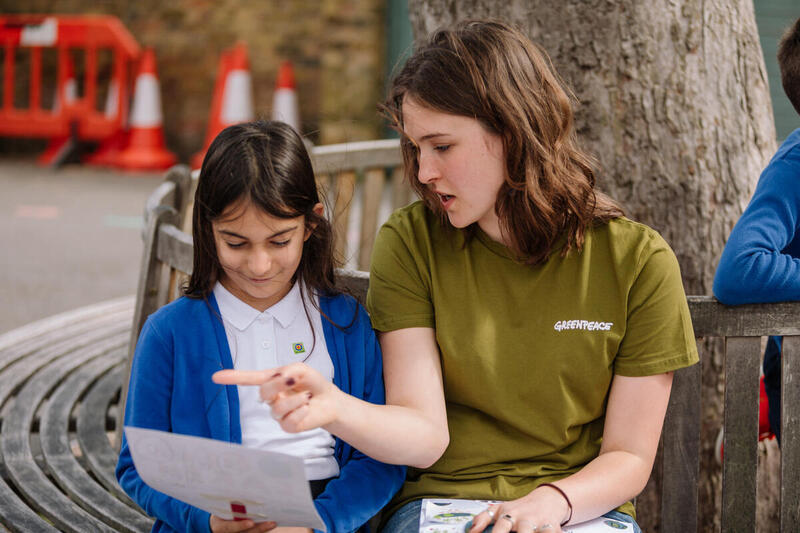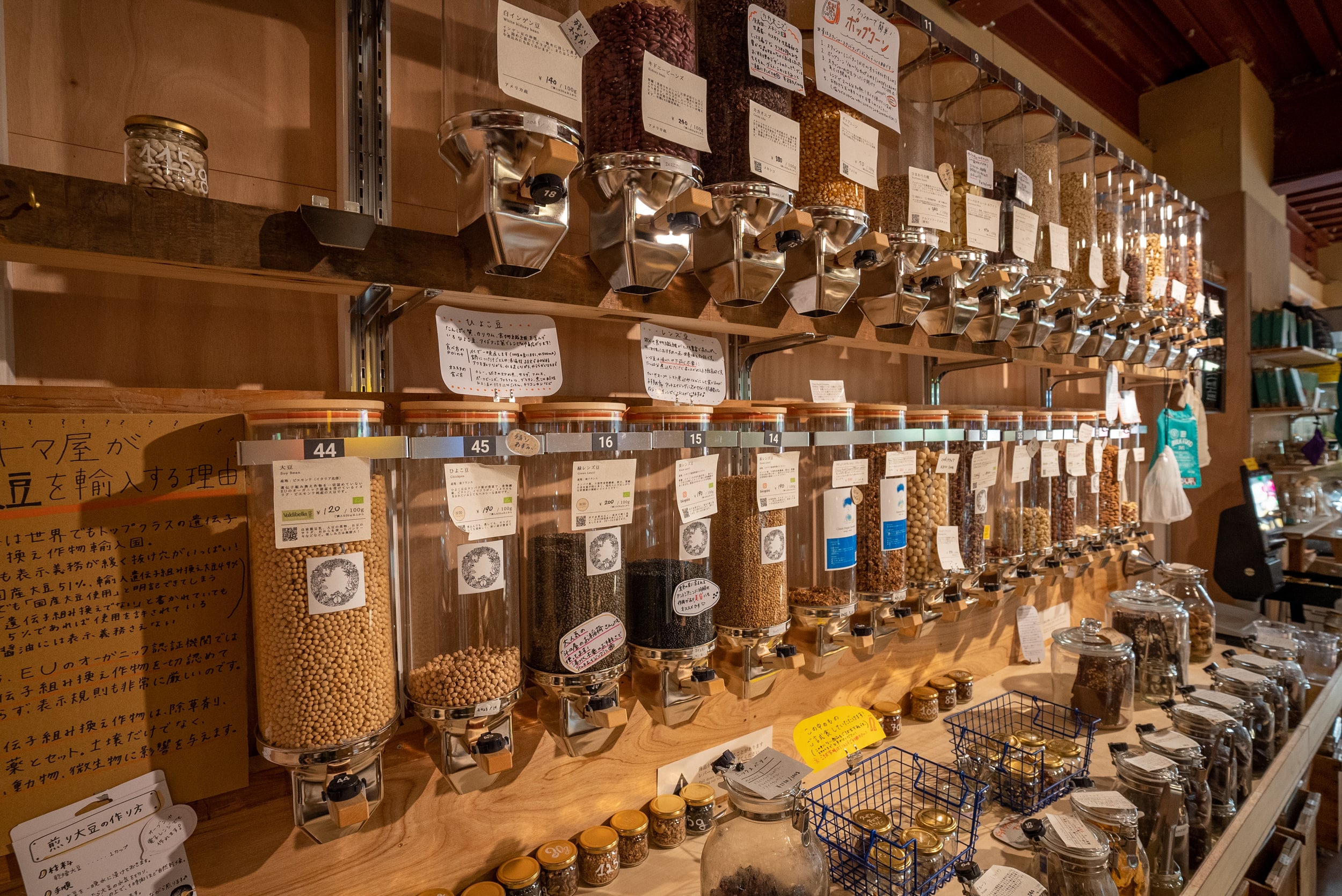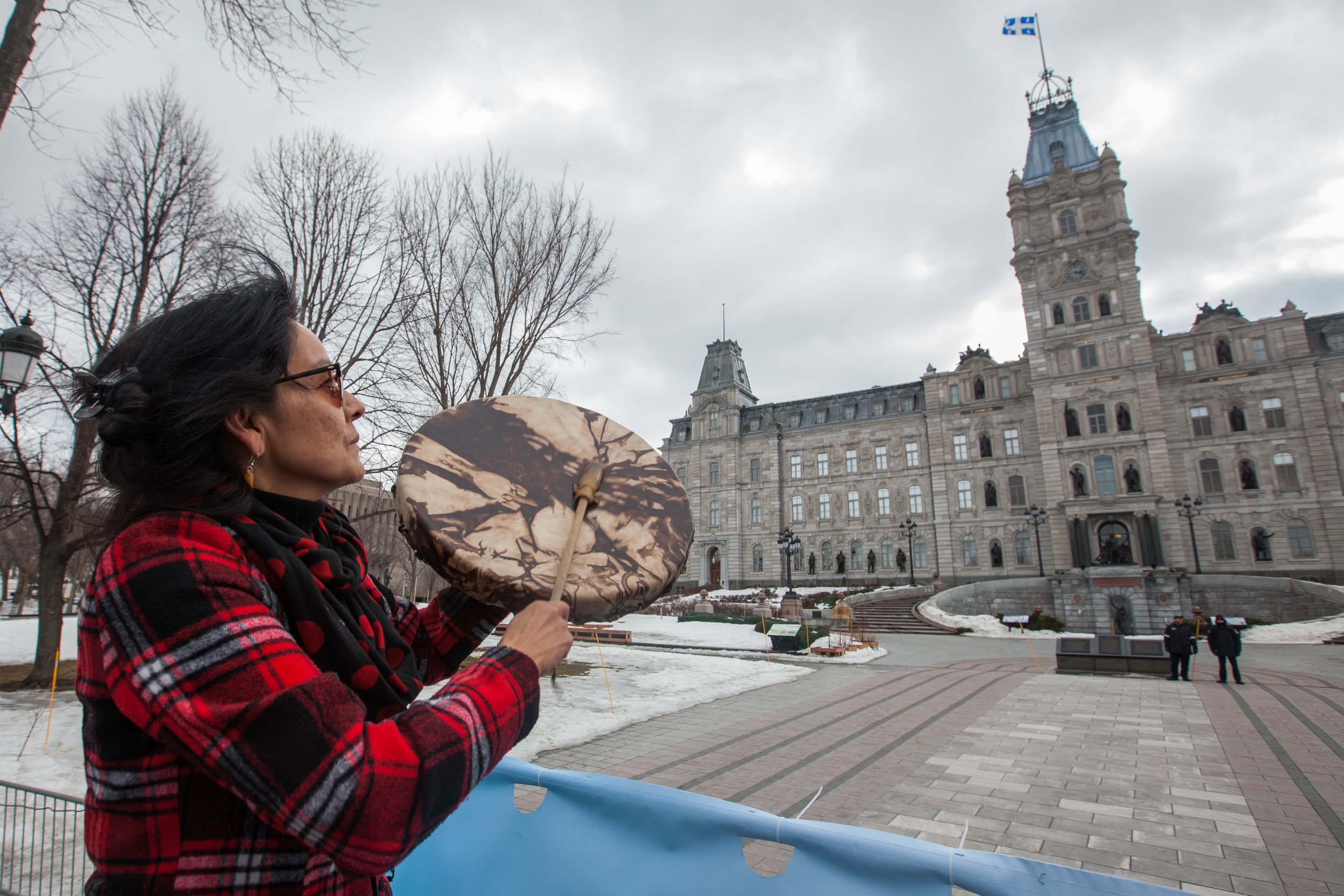Your daily choices about how you live your life matter. Driving less. Eating less meat. Using less energy. These are all small ways you can help bring down the temperature of climate change and protect nature.
But the climate and nature crisis is an emergency. We need big changes to happen … fast.
That’s why acting with others, or collective action, is so important. Let’s explore some of the things that you can do in your own life to make a difference for the planet – and why it’s also vital to act with others, pushing governments and industries to change, too.
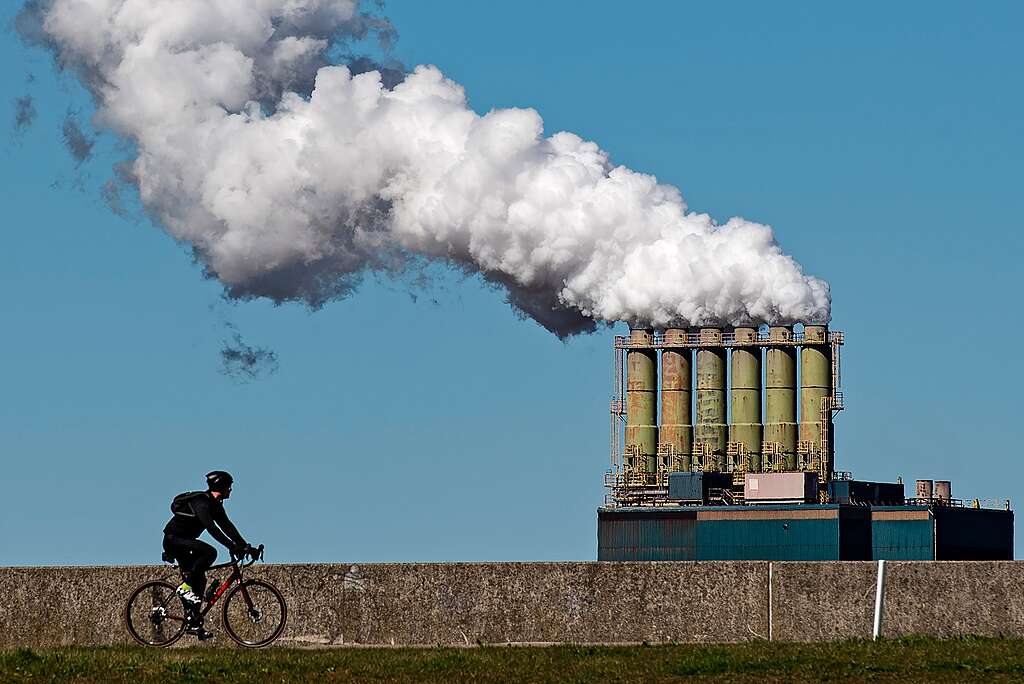
What you can do on your own
🛍️ Buy less, waste less: Try skipping the impulse buys, repairing and mending what you can, borrowing when possible, and buying second-hand when you do need something.
🥦 Eat more sustainably: Try cutting food waste, cooking with local ingredients, and eating less meat, like beef.
🚲 Rethink your ride: Cars that run on gasoline are a major source of greenhouse gas pollution. Walk, bike, take transit, or carpool when you can. Going farther? Trains are better than planes.
🏠 Make your home more energy efficient and support clean energy: If you own a home and it’s within your budget, look into home energy upgrades. You might improve your insulation or switch your heating system to an electric heat pump (heat pumps also cool things down in the summer).
Why doing it alone isn’t enough
Ever heard of your personal carbon footprint? That idea was created and promoted by oil companies to make you feel responsible for climate change. They wanted to shift the blame away from themselves so that they could keep selling fossil fuels (and heating up the planet with greenhouse gas pollution!). When we focus only on personal choices, we ignore the industries and systems causing the problem.
A lot of what gets labelled as part of a person’s carbon footprint is actually a part of bigger systems that we can’t change on our own.
🛍️ Supply chains (How you get stuff)
You don’t control how your laptop, jeans, or groceries are made or shipped. Even if you try to shop green, the whole supply chain (materials, manufacturing, shipping, packaging) can create greenhouse gas pollution, like carbon dioxide, at every stage. What’s more, some of these items are made quickly by companies engaging in unethical labour practices or violating human rights.
What helps? Acting with others to get regulations that make businesses responsible for any environmental and social harms they cause. For instance, governments can price the carbon emissions of industries. Or they can encourage more people to reuse and refill by banning more single-use plastics.
🥦 Food systems
Yes, you have some choice about what to eat, but your choices are shaped by what you can afford and what’s available. Factory farms that raise lots of animals to sell as meat destroy nature and pump out megatonnes of greenhouse gas pollution. But meat is cheap. The industry gets more government support than small, local, and eco-friendly farms and companies making plant-based alternatives to meat.
What helps? Acting with others to get better and fairer food policies that guarantee everyone safe, nutritious, and affordable food. Cities can support community-led projects to build local food systems that provide healthy and affordable food and reduce food waste.
🏠 Energy systems
You can use less electricity, but you can’t choose your power grid. If your province runs mostly on fossil fuels (like Alberta does), you will have a higher carbon footprint. You can’t singlehandedly shut down a coal plant or build a wind farm. And not everyone can afford to put solar panels on their homes, even though these panels save money over time.
What helps? Acting with others to get better clean energy policies and community-owned renewable projects. Governments can also stop supporting the production and use of fossil fuels. For instance, cities like Montreal, Vancouver, and Seattle, are phasing out natural gas with a series of bans on how it can be used in homes and other buildings. Quebec is banning natural gas heating in homes across the whole province in 2040.
🚲 Transportation systems
Many people in suburban or rural areas can’t choose to live without a car. They just don’t have access to public transit or safe bike lanes.
What helps? Acting with others to get frequent, reliable, affordable, and inclusive public transit, bike lanes, and walkable and accessible cities.
From lifestyle choices to collective action
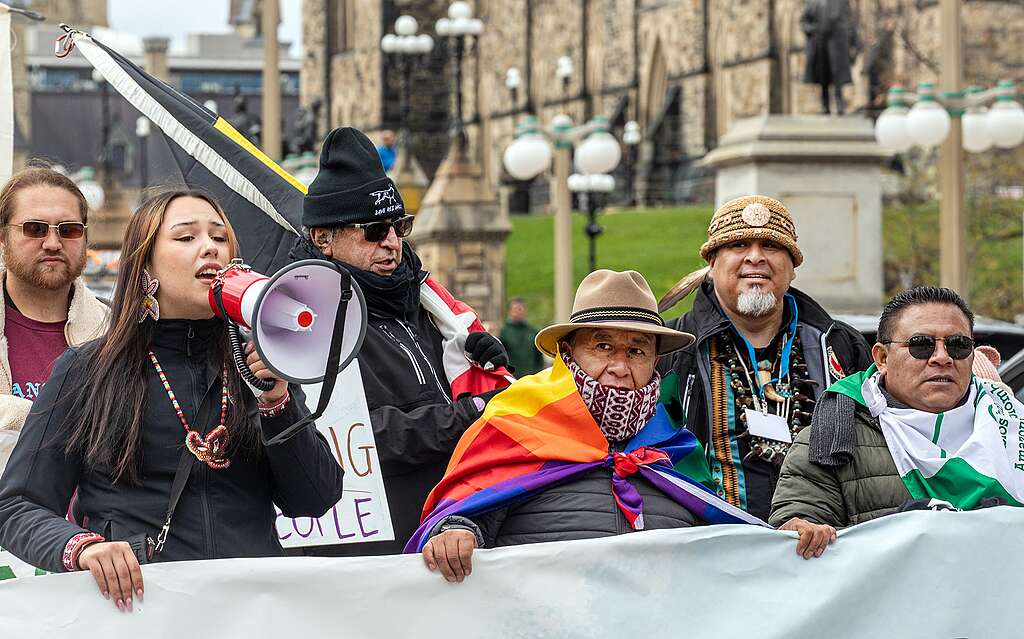
So much of your personal footprint is shaped by government policies and the actions of huge industries. Governments and industries can change, but only when many people working together push them.
Just ask the people who stopped the Energy East pipeline or the Teck Frontier oil sands mine from being built. Or the people who won Quebec’s ban on oil and gas extraction. Thousands spoke up, and harmful projects were scrapped.
So keep doing the things that matter in your daily life, but don’t stop there if you’re ready to do even more for the planet. Join an environmental group, sign a petition, show up, speak out. The most powerful action happens when we act together.

